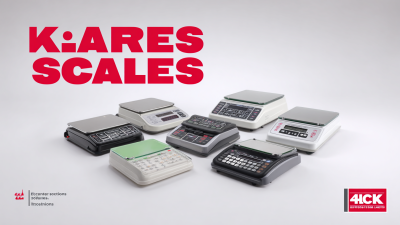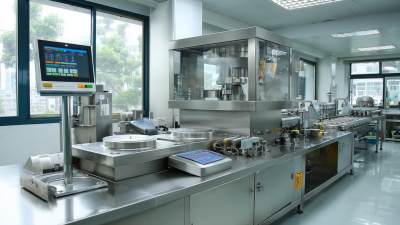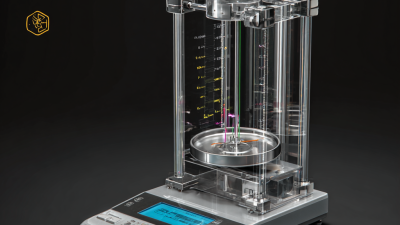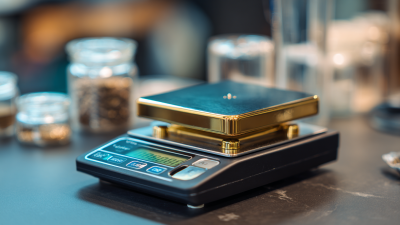In an era where precision and accuracy are paramount across various industries, the significance of reliable measurement tools cannot be understated. According to a report by MarketsandMarkets, the global electronic scales market is projected to reach USD 5.68 billion by 2025, growing at a CAGR of 4.5% from 2020. As businesses and individuals alike strive for excellence in measurement, electronic scales have emerged as the go-to devices for providing precise weight readings in applications ranging from culinary arts to industrial manufacturing.
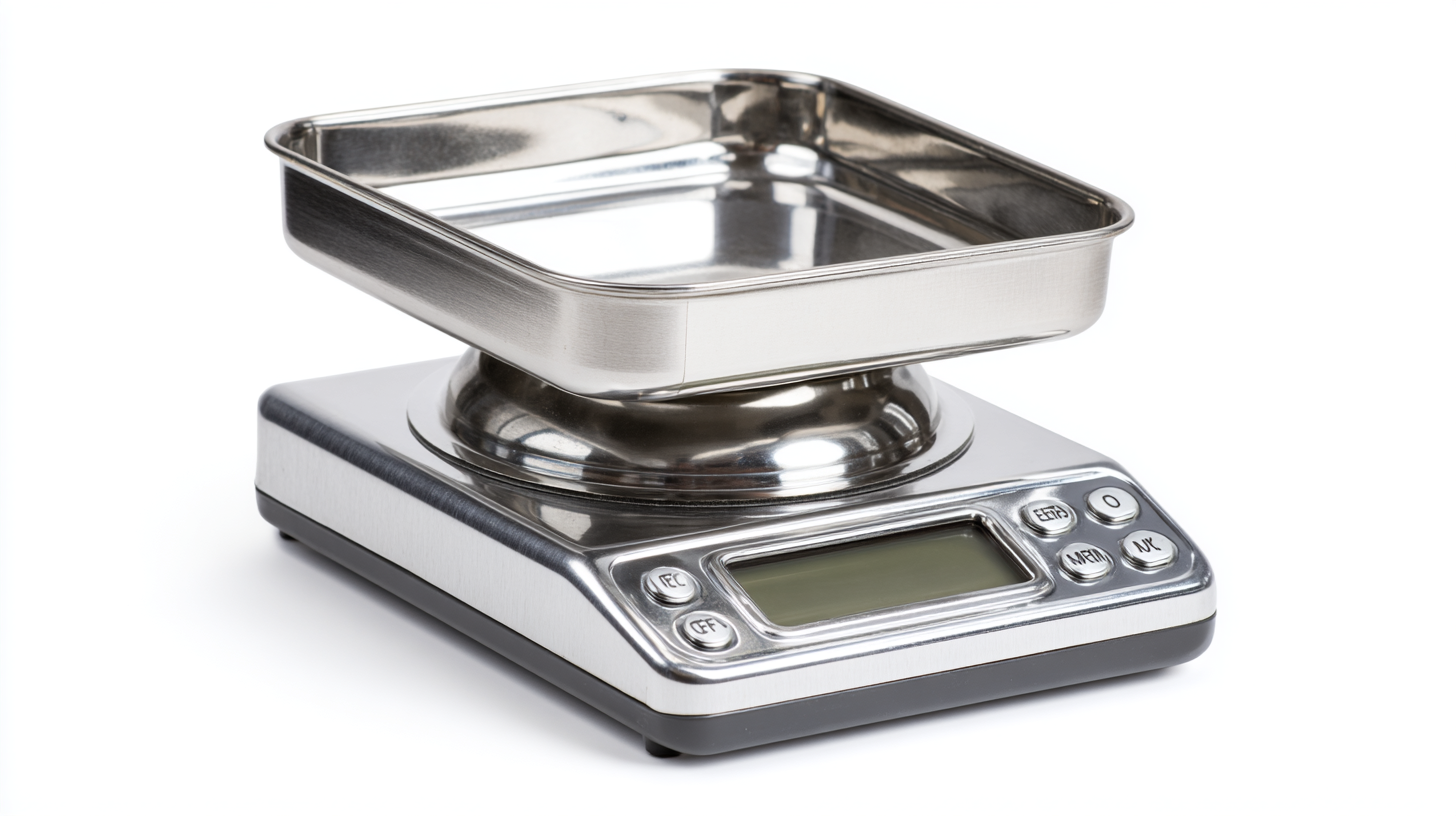
This guide will delve into the best electronic scales currently available, emphasizing their features, benefits, and the key factors to consider when selecting the right scale for your needs. Whether you're a home cook, an avid baker, or a professional in need of exact measurements, understanding the landscape of electronic scales is essential for achieving optimal results.
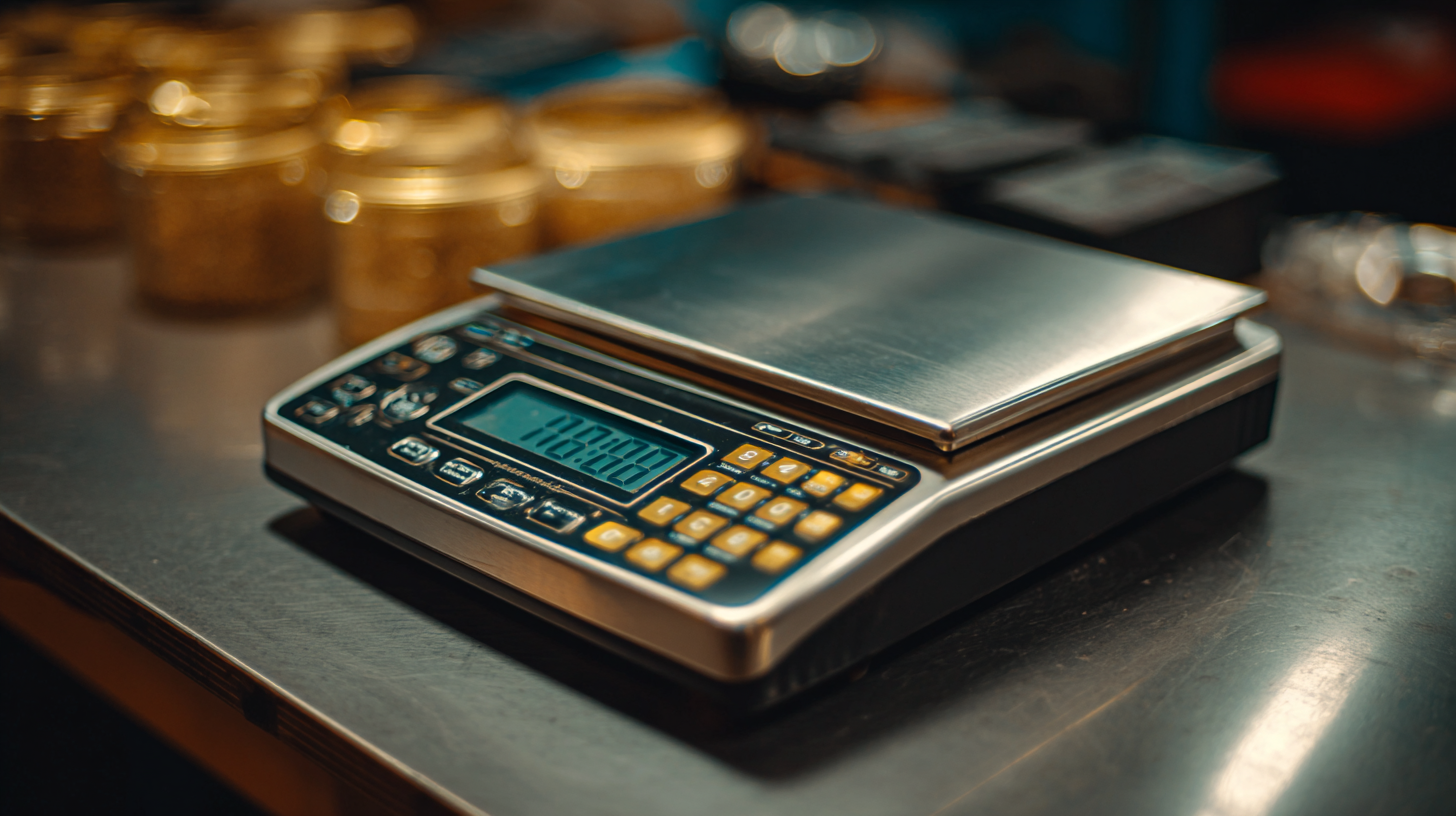 Precision in measurements is crucial across various industries, from healthcare to manufacturing. According to a report by the National Institute of Standards and Technology (NIST), even minute discrepancies in weight can lead to significant errors in product formulation or dosage. In fields where accuracy is paramount, such as pharmaceuticals, a mere 0.1% variance can result in substandard products or unsafe medication levels.
Precision in measurements is crucial across various industries, from healthcare to manufacturing. According to a report by the National Institute of Standards and Technology (NIST), even minute discrepancies in weight can lead to significant errors in product formulation or dosage. In fields where accuracy is paramount, such as pharmaceuticals, a mere 0.1% variance can result in substandard products or unsafe medication levels.
Tips: Always calibrate your electronic scale before use to ensure accurate readings. Regular maintenance, including cleaning and battery checks, is vital for optimal performance.
Moreover, the use of electronic scales allows for much greater precision compared to traditional methods. A study published in the Journal of Analytical Chemistry highlighted that high-quality electronic scales can measure weights with an accuracy of up to 0.001 grams. As such, choosing an appropriate electronic scale is not only a matter of convenience but also of integrity in the data being collected.
Tips: Look for scales with certified accuracy and consider the environment where they’ll be used, as factors like temperature and humidity can affect measurements. Prioritize models that feature a stable platform and easy-to-read displays for the best user experience.
When choosing the best electronic scales for precise measurements, certain key features stand out. Firstly, accuracy is paramount. According to a report from the National Institute of Standards and Technology (NIST), scales that are calibrated correctly can provide measurements with an accuracy of up to 0.01 grams. This level of precision is crucial for both professional and personal use, particularly in industries like pharmaceuticals and food measurement.
Another critical aspect to consider is the scale's capacity and range. Depending on your needs, you may require a scale that can accurately measure everything from tiny ingredients to heavier items. Many leading models now offer a capacity of up to 10,000 grams while maintaining precision at lower weights. Additionally, look for features like a tare function, which allows for easy subtraction of container weight, ultimately enhancing measurement efficiency.
Tips: Always ensure that you calibrate your scale according to the manufacturer’s recommendations. Regular calibration improves accuracy and reliability, essential for tasks that demand high precision. Also, consider scales with digital displays that feature backlit screens for better visibility in low-light conditions, making your measurements straightforward and hassle-free.
When it comes to maintaining a healthy lifestyle, having a reliable electronic scale at home can be a game-changer. The best electronic scales are designed not only for accuracy but also for user-friendliness, making them ideal for everyone from fitness enthusiasts to families monitoring their weight. Brands like Fitbit and Withings offer scales that sync with mobile apps, providing insightful tracking of weight changes over time. Look for models that offer features like body composition analysis, as they provide more than just weight, giving users a broader view of their health metrics.
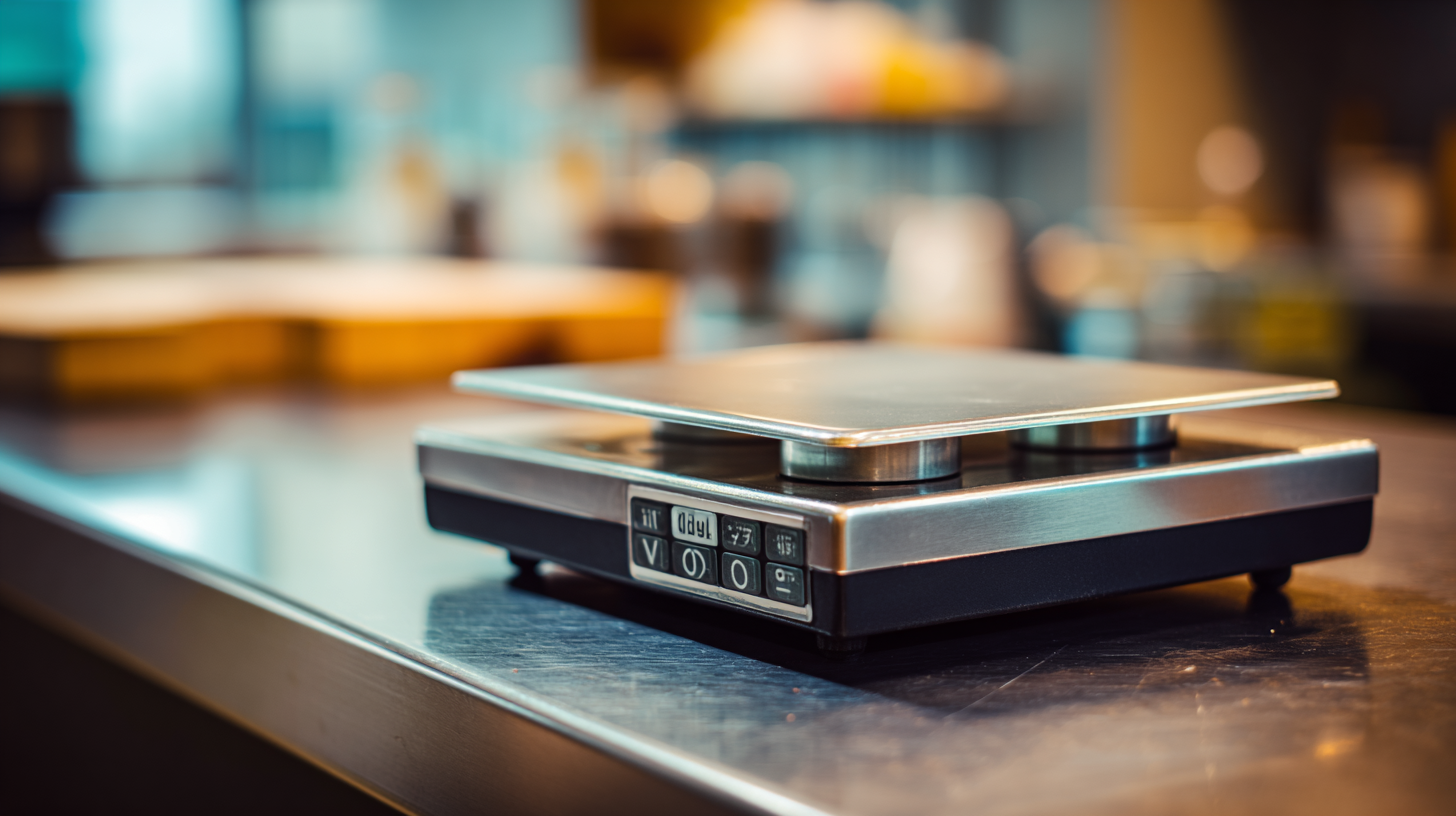
For those who prioritize design as much as functionality, the Etekcity Digital Body Weight Scale stands out. Its sleek glass surface is easy to clean and adds a modern touch to any bathroom. Another fantastic option is the GreaterGoods Digital Body Weight Scale, which combines accuracy with a user-friendly interface and an affordable price point. Choosing the right scale ultimately depends on your specific needs—whether you prefer basic weight tracking or a comprehensive health analysis. Investing in a quality electronic scale can empower you to make informed decisions about your health and welleness journey.
Calibrating your electronic scale is crucial for achieving accurate measurements, whether you’re weighing ingredients for a recipe or monitoring your weight for health purposes. To begin the calibration process, ensure that your scale is placed on a flat, stable surface free from any vibrations or disturbances. It's important to have a known weight for calibration, such as a set of calibration weights or common items like bags of flour or sugar that have a precise weight indicated on their packaging.
Once your scale is ready, turn it on and allow it to warm up if necessary. Many electronic scales have a calibration mode, often accessed by pressing a specific button or combination of buttons. Follow the instructions in your user manual to enter this mode. When prompted, place your known weight on the scale and adjust the reading until it matches the actual weight accurately. Repeat this step with different weights, if possible, to ensure consistency across a range of measurements. After calibrating, it’s essential to regularly check the accuracy of your scale to maintain precise readings over time, thereby ensuring you can rely on it for all your weighing needs.
| Model | Capacity (kg) | Resolution (g) | Calibration Method | Price ($) |
|---|---|---|---|---|
| Digital Precision Scale A | 5 | 1 | Auto Calibration | 29.99 |
| High Accuracy Scale B | 10 | 0.5 | Manual Calibration | 45.00 |
| Compact Digital Scale C | 3 | 1 | Calibrate with Standard Weights | 19.99 |
| Professional Lab Scale D | 100 | 0.01 | Digital Calibration | 199.99 |
| Pocket Scale E | 500g | 0.1 | Auto Calibration | 15.99 |
Maintaining and extending the life of your electronic scale is essential for ensuring accurate measurements and prolonged usage. First, always keep your scale on a flat, stable surface to avoid any inaccuracies in readings. If you’re using it in a kitchen or workout environment, make it a habit to clean the scale after each use to prevent residue buildup, which can affect both performance and hygiene. Use a soft, damp cloth and mild detergent—avoid harsh chemicals that can damage the surface or components.
In addition, be mindful of the weight capacity of your scale. Overloading it can lead to mechanical failure or inaccurate readings. Regular calibration is also crucial; check the manufacturer’s guidelines on how often to recalibrate your scale to maintain precision. Finally, ensure that you store your scale in a dry place to prevent moisture damage, and if your scale uses batteries, replace them promptly to avoid any interruptions in functionality. By following these tips, you can keep your electronic scale operating at its best for years to come.
